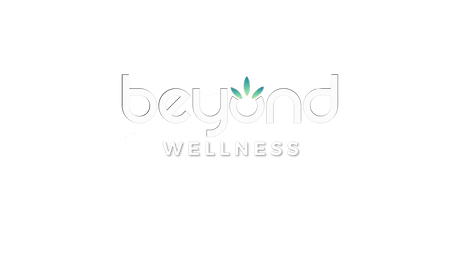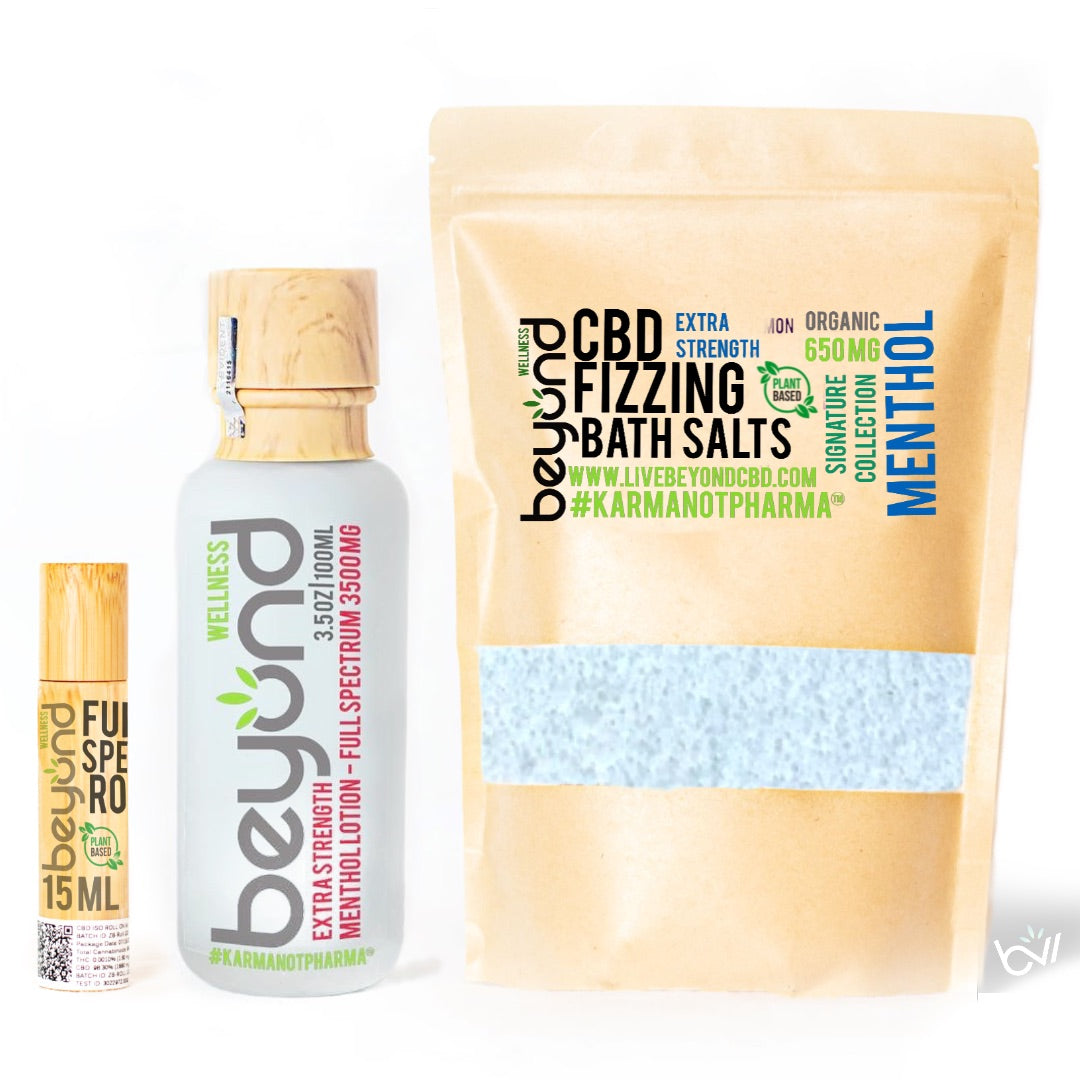CBD and TBI: Neuroprotectant knight in shining Phyto cannabinoid armor

Traumatic brain injury (TBI) affects over 69 million people worldwide on a yearly basis. TBI is commonly caused by a violent blow to the head or body, by an external force. “TBI has been referred to as the ‘silent epidemic’ due to its range in acute symptoms and severity that lead to underdiagnosis and underreporting by patients and treatment facilities.”
The survivors of traumatic brain injuries may face a multitude of long-term effects, these include physical impairment, personality changes, loss of cognitive function, and emotional distress related to the recovery process.
The treatments and medications available are often ineffective and come with a laundry list of unwanted side effects. Today’s blog will explore the evidence that plant medicine, namely CBD and CBG – and the benefits of such treatment, which has been proven to alleviate a wide range of health conditions related to TBI — such as epileptic seizures, sleep disorders, anxiety and inflammation of the brain.
The Endocannabinoid system is activated in response to any injury and trauma, it’s a significant resource for your brain when in a necessary state of repair. The ECS system modulates several of the notable injury cascades following a TBI.
-
Treatment with CBD immediately following and up to 21 days after TBI has been found to prevent cognitive and emotional impairment, reduces neuroinflammation, and acts as a neuroprotectant.
-
A study in mice proved that short term (2-7 days) treatment with CBD prevented impairment and reduced brain inflammation for 21 days post treatment.
-
-
CBD protects brain cells from damage. CBD can protect against glutamate-induced cell death, by reducing oxidative stress and preserving brain cells, leading to faster healing and better recovery. Neuroscience research shows that TBI often results in poor motor control, cognitive decline, and post traumatic epilepsy. These changes can either occur in the brain immediately after the event or can happen gradually. A. The Glutamate level in your brain can directly impact whether cells function correctly in one of two ways.
-
Glutamate is released- neurotoxicity may occur, causing cell death and dysfunction.
-
Glutamate is delayed- leading to the loss of cognitive function.
-
-
Reduces brain inflammation.
-
In TBI, an immediate inflammatory response occurs. This causes significant neuroinflammation and neurodegeneration — neuro, as in neurons in the brain. Damage to the brain causes activation of ‘microglial’, which are specialized cells or macrophages that clean up the dead neurons and release inflammatory chemicals. This acute neuroinflammation is meant to limit further injury to the brain and help kick start the repair process.
-
-
Alleviates anxiety & depression.
-
Two thirds of patients that have had TBI receive anti-depressant medications during their rehabilitation.
-
Whether depression is caused by the initial injury or a combination of both injury and the resulting stress of recovery, CBD is well studied for its calming action without the psychoactive effects of THC. Full spectrum may show even more significant benefits with the muscle relaxing attributes of CBG and CBN which works as a sedative.
-
One of the primary ways CBD and CBG work to relieve symptoms of depression and anxiety is by inhibiting the reuptake of certain neurotransmitters, including dopamine and serotonin.
-
-
Proven treatment for chronic pain.
-
The number one side effect of TBI is chronic pain.
-
By reducing inflammation, Full spectrum and CBD effectively reduce pain in the subject.
-
CBD can and will reduce the trauma and symptoms followed by brain injury. It works for TBI by interacting with the endocannabinoid system (ECS) on a basic level to protect the cells from further damage, reduce inflammation, anxiety, stress and pain. According to a 2011 article in the British Journal of Pharmacology, the ECS is a “self-protective mechanism” that kicks into high gear in response to Traumatic brain injury, and CBD activates this system, our neuroprotectant knight in shining Phyto cannabinoid armor.
REFERENCES:
-
https://www.frontiersin.org/articles/10.3389/fimmu.2020.02021
-
Blessing, E. M., Steenkamp, M. M., Manzanares, J., & Marmar, C. R. (2015, October). Cannabidiol as a Potential Treatment for Anxiety Disorders. Neurotherapeutics. Springer. https://doi.org/10.1007/s13311-015-0387-1
-
Crippa, J. A., Guimarães, F. S., Campos, A. C., & Zuardi, A. W. (2018). Translational Investigation of the Therapeutic Potential of Cannabidiol (CBD): Toward a New Age. Frontiers in immunology, 9, 2009. https://doi:10.3389/fimmu.2018.02009
-
Hammond, F. M., Barrett, R. S., Shea, T., Seel, R. T., McAlister, T. W., Kaelin, D., … Horn, S. D. (2015). Psychotropic medication use during inpatient rehabilitation for traumatic brain injury. Archives of Physical Medicine and Rehabilitation,96(8), S256–S273e14. https://doi.org/10.1016/j.apmr.2015.01.025
-
Schurman, L. D., & Lichtman, A. H. (2017). Endocannabinoids: A Promising Impact for Traumatic Brain Injury. Frontiers in pharmacology, 8, 69. https://doi:10.3389/fphar.2017.0006
-
Dewan, M. C., Rattani, A., Gupta, S., Baticulon, R. E., Hung, Y.-C., Punchak, M., … Park, K. B. (2018). Estimating the global incidence of traumatic brain injury. Journal of Neurosurgery, 1–18. https://doi.org/10.3171/2017.10.JNS17352
-
Mori, M. A., Meyer, E., Soares, L. M., Milani, H., Guimarães, F. S., & de Oliveira, R. M. W. (2017). Cannabidiol reduces neuroinflammation and promotes neuroplasticity and functional recovery after brain ischemia. Progress in Neuro-Psychopharmacology and Biological Psychiatry, 75, 94–105. https://doi.org/10.1016/J.PNPBP.2016.11.005






Leave a comment